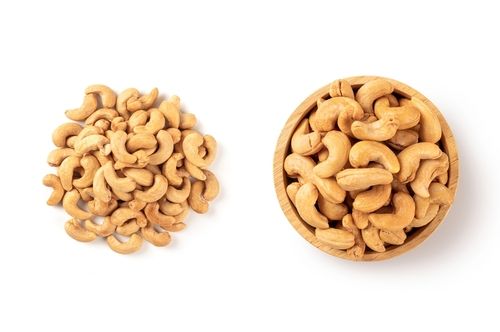
Wedging Off Weight: The Murky Trend of Microdosing GLP-1 Drugs
- Apr 1, 2025
The fitness enthusiasts can't stop raving about it on social media - Microdosing GLP-1 drugs is the new weight loss sensation. Fans advocate that dolling out smaller percentages of FDA-approved dosages like Wegovy or Zepbound purportedly mitigates side-effects while pocketing change. The bonus – it allegedly aids those aspiring to shed a few pesky pounds or crush menacing food cravings.
But hold that syringe, folks. There's no clinical approval seal stamped on this microdosing rave. The question of safety and efficacy remains aloof, floating around the health geek ether without definitive scientific evidence or medical affirmation.
According to Mayo Clinic's endocrinologist, Daniela Hurtado, there's a conspicuous lack of scientific literature examining the impact of GLP-1 medication microdosing. So, proceed with caution.
Let's dive deeper into doses. Semaglutide, peddled as Ozempic or Wegovy, kicks off at 0.25 mg, with tirzepatide (known as Zepbound or Mounjaro) setting the starter at 2.5 mg. The prescribed medication typically doubles after a month, with subsequent increments based on tolerance.
In line with the 'fewer side-effects' manifesto of the microdosing faith, online users experiment with dosages as minute as 0.05 mg, but the effect on weight loss is as clear as mud.
Here's the kicker. While you might not hit your target scale reading, resorting to microdosing could kickstart other issues. Peminda Cabandugama, of the Cleveland Clinic, suggests that the GLP-1 shortages causing microdosing could enable compounding pharmacies to spawn their versions of these meds – a carnival of unknown ingredients and potential contamination.
The formidable FDA, however, has uncorked a solution – resolving the shortages and clamping down on rogue pharmacies.
Microdosing could also invite risks of infection due to needle reuse or, worse, introduce your system to expired drugs, warns chemical engineering and pharmaceutical sciences professor Mansoor Amiji.
While some experts keep an open mind about tailored GLP-1 dosages, recommending further microdosing studies, advancing into this territory without sound medical guidance could be a risky gamble.
Bottom line? SLAV (Saving Lives At Vials) may sound cool, especially with reduced side effects and slashed costs, but without substantial proof of safety and effectiveness, it could be just another dicey diet fad awaiting the wrecking ball. As always, reach out to a healthcare professional to discuss suitable medication options for your weight loss needs.






